Putting
Children
First
Writing
Confident, enthusiastic writers
Vision for Writing
At Dove Bank, all our writing is underpinned with a purpose, whether that is letter writing, narrative or persuasion.
We aim to do this through a structured and progressive approach to writing, which teaches the pupils the skills they need for particular genres of writing before applying them in context.
In order to do this effectively, we develop spelling, punctuation and grammar skills and build these skills up over a unit of work in order to produce high-quality, final pieces which showcase the progression the children have made.
It is vital that children consider their audience as they are writing as this will shape the content and tone of the writing.
What’s New?
Using Talk for Writing as a structure for our teaching, we build up the lessons around a carefully-chosen text, exploring genre, character and setting.
After some innovation, children are then able to produce their own independent piece in the style of the genre studied.
Texts are chosen carefully to extend and challenge while also enhancing the topic chosen for the half term.
Spelling is taught systematically through phonics initially then using the No Nonsense Spelling programme.
Subject Leader Biography
Hello everyone, my name is Mrs Heath and I have the pleasure of leading the subject of English at Dove Bank.
I am passionate about children’s writing and want them to be able to write for a range of audiences.
I enjoy finding exciting ways in to inspire children’s writing.
Whatever direction the children take in life, writing skills will be essential.


Subject priorities
To ensure that children are engaged in their writing by thinking of the audience and purpose when they write.
To ensure that writing is built up over time, allowing the children to show a progression of skills before applying them in a high-quality piece of writing.
To ensure that writing is topic-linked to allow children to be fully immersed in the specific topic and use the learning from the wider curriculum in their writing.
Useful links
ICT Games provides a selection of games aimed at improving phonics, spelling, grammar, punctuation and handwriting.
Pobble 365 provides a different picture every day of the year, to use as a stimulus for writing and orally telling stories.
Curriculum Statement
Intent
Writing is a crucial part of our curriculum at Dove Bank. By the end of year six, we intend our children to have developed a love of writing and to be able to express their thoughts and ideas clearly and creatively through the written word.
We also intend to create writers who can re-read, edit and improve their own writing, and enable pupils to be able to confidently use the essential skills of grammar, punctuation and spelling.
At Dove Bank, we set high expectations for all our children to take pride in their work and have a fluent, cursive handwriting style with which to express their imaginations.
Implementation
In order to help us to develop confident, enthusiastic writers who can express themselves in a variety of different styles and across a variety of contexts, our teaching of writing is often cross circular and linked to our class topics. This provides our children with regular opportunities to write for a range of purposes and audiences. Writing tasks are specific and meaningful, and often meet a purpose to engage children and to illustrate how their writing skills can be applied to real life contexts.
Spelling is taught initially through phonics lessons using the Monster Phonics Programme. Later, children follow the No Nonsense Spelling Programme to further develop spelling skills.
The teaching of writing at Dove Bank is based on the Talk for Writing structure which allows children to explore a text thoroughly before writing their own piece in a similar style. This gives context and allows for innovation within a genre.
We teach cursive script from year 2 onwards through regular handwriting lessons and the use of specially lined books.
Impact
Pupils will make good progress from their own personal starting points.
By the end of year six they will be able to write clearly and accurately and adapt their language and style in and for a range of contexts, purposes and audiences.
Our pupils will acquire a wide vocabulary and have a strong command of the written word.
Most importantly, they will develop a love of writing and be well equipped for their future education.

